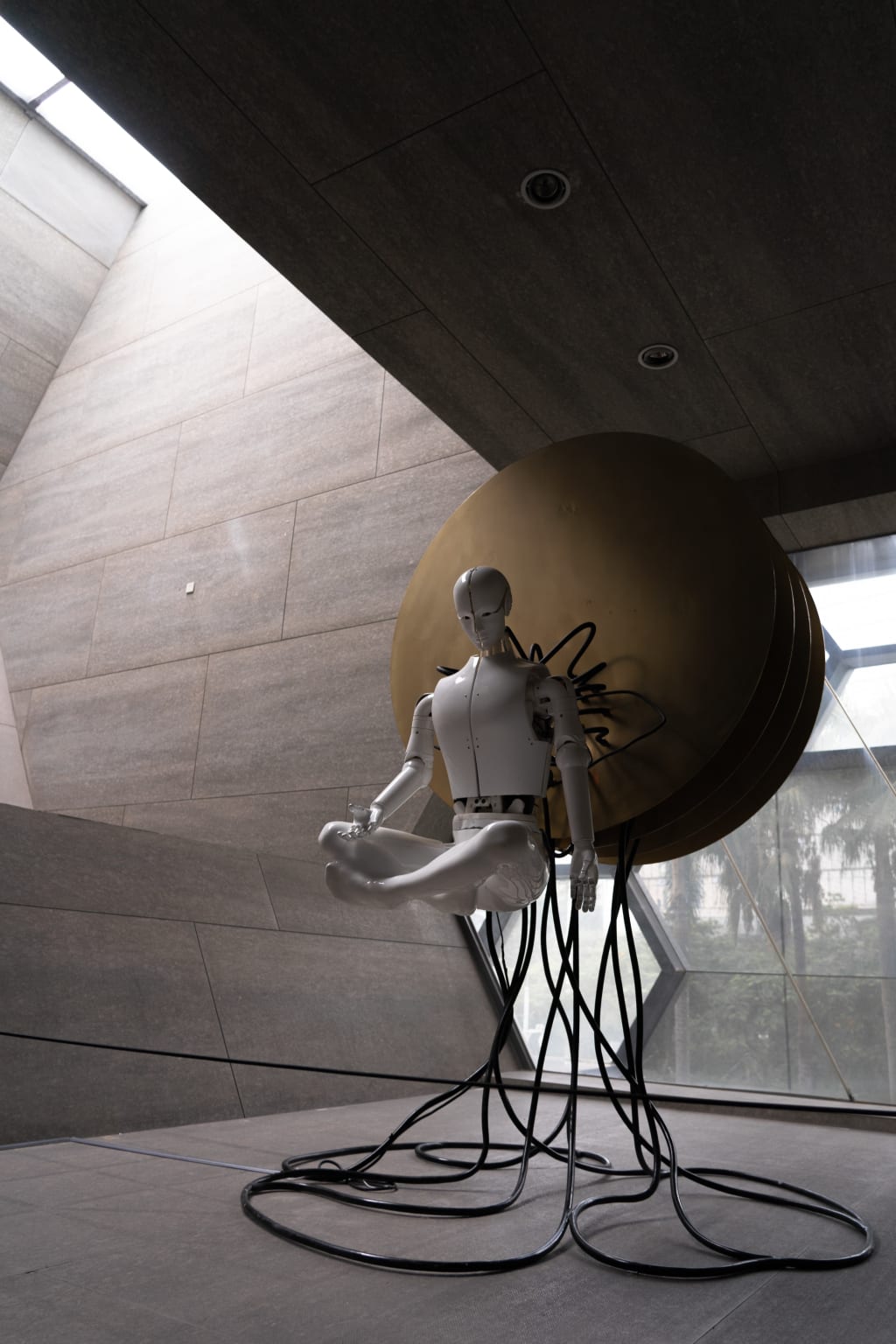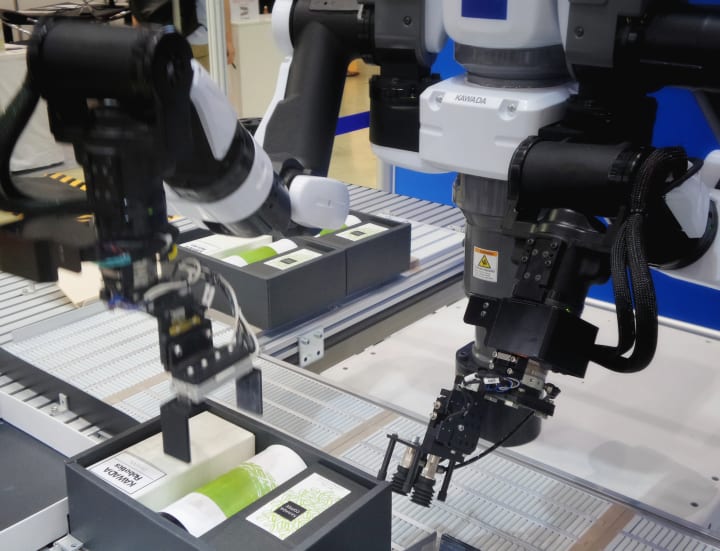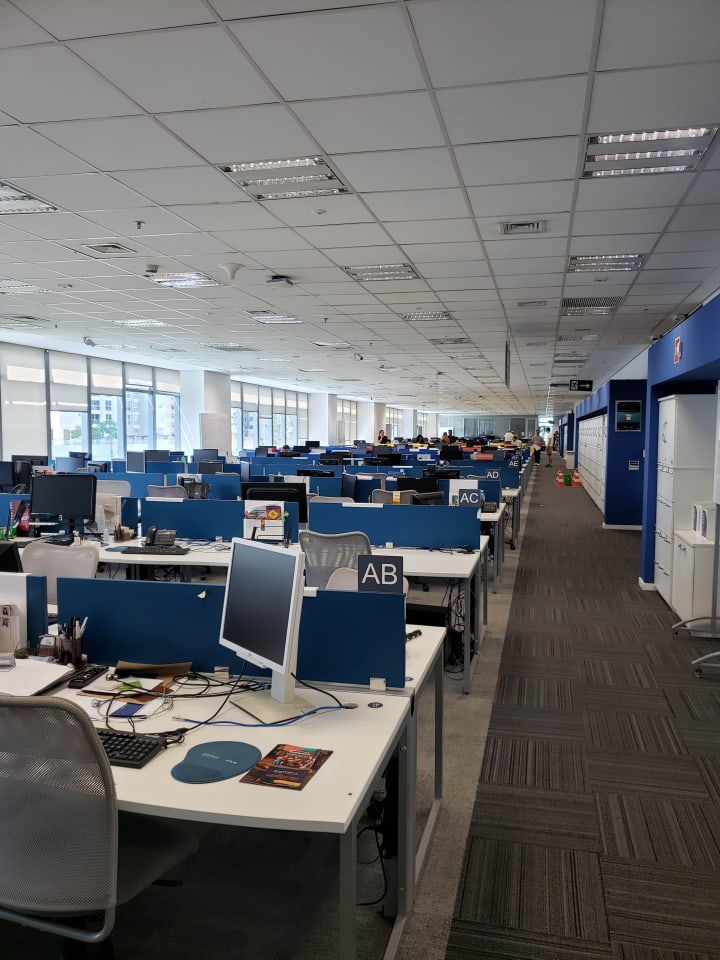
We are looking around and we see that the technology is developing very fast and we have already created machines that are intelligent enough to take over many of the jobs that were previously done by humans. Robots make the hotel check-ins, they serve food in restaurants, they can even paint, compose music or write poetry. There are self-driving cars, the Amazon Prime Air drones are replacing human delivery services, and factory workers are also being replaced by robots.
The Pandemic has accelerated this process, by forcing humans to stay isolated indoors and depend on technology more than ever before.
All these factors are raising the fear of many people that jobs could be lost to automation and discussions about a Universal basic income are heard more often, since this is seen as a solution to the poverty that can result from unemployment.

Technology is significantly changing the way work looks like. We are already witnessing many shifts in occupations that have a great impact on the workforce's skills and wages. Most repetitive jobs are likely to disappear, being replaced by robots and even certain white-collar jobs, such as those in the domain of marketing or accounting will probably have the same fate. There will be probably a great change in the types of jobs people will have in the future. We already see new jobs such as social media influencers, blockchain analysts, cloud architects, or drone operators. The stage of transition towards this future job market is going to be very challenging. The most adaptable people will have greater chances to survive in this new world. A consequence of this transitional phase will be job insecurity. Many people will only keep their job for a short period of time, due to this constant evolution and change. This type of instability will also have a consequence on the health of the employees, who are likely to suffer from stress-related diseases such as depression, tension headaches, high blood sugar, difficulty sleeping, heart diseases, or stroke.

Most employees will have to constantly learn new skills and do different trainings, as the technology evolves. They will switch occupational categories and embrace jobs that are totally new to the work market. Chances for older workers to find a job will be reduced since the learning capacity of the brain diminishes as we age. There is a growing concern about whether there will be enough jobs in the future. As we have seen in the past, labor markets usually adjust to changes in demand for workers caused by technological evolution. One effect of those changes may be lower wages for people who lost their jobs. It is possible that social work will flourish, as long as it is not replaced by AI.
Theoretically, automation could have advantages as well. It will lead to economic growth because it will increase productivity. Since robots do not require wages, holidays, or rest, because they can work 24/7, they are far more efficient than humans, but also cheaper to run, and thus the goods they produce should be cheaper as well. Nevertheless, the price of the goods will be probably decided by the owners of those robots, therefore the price lowering prediction can only remain a hypothesis.

At the current level of development of our planet, the speed of automation will differ greatly from country to country. Some countries will thus have a higher number of jobs lost to the robots.
There will be a growth in the demand for specific jobs such as IT specialists, healthcare providers (especially due to the growth of the aging populations), managers and executives, engineers, scientists, and artists. These types of jobs are likely to have fewer chances of being replaced by technology, at least in the near future.
One last aspect that I want to mention is that the humans themselves will change in the future. Chips are likely to be connected to the brain, which will increase our intellectual level and give us a new perception of the world we live in. We shall get skills that are currently unimaginable (for example we shall be able to probably connect to the internet via the chip and that will allow us to obtain much more information much faster). Humans will thus become a hybrid between the biological kingdom and the "cybernetic kingdom". Many people already speak about transferring their consciousness to a computer in order to obtain everlasting life, so at the moment we can only imagine what the future has in store for us.






Comments
There are no comments for this story
Be the first to respond and start the conversation.